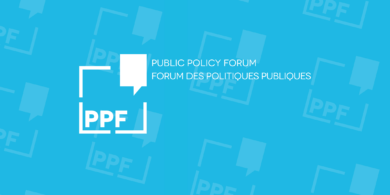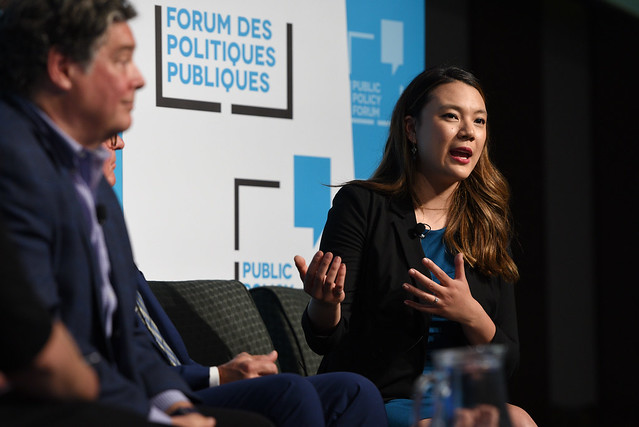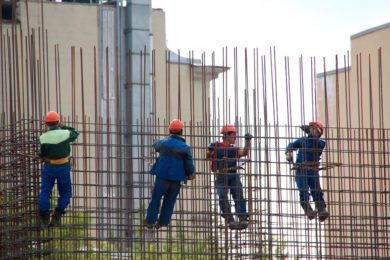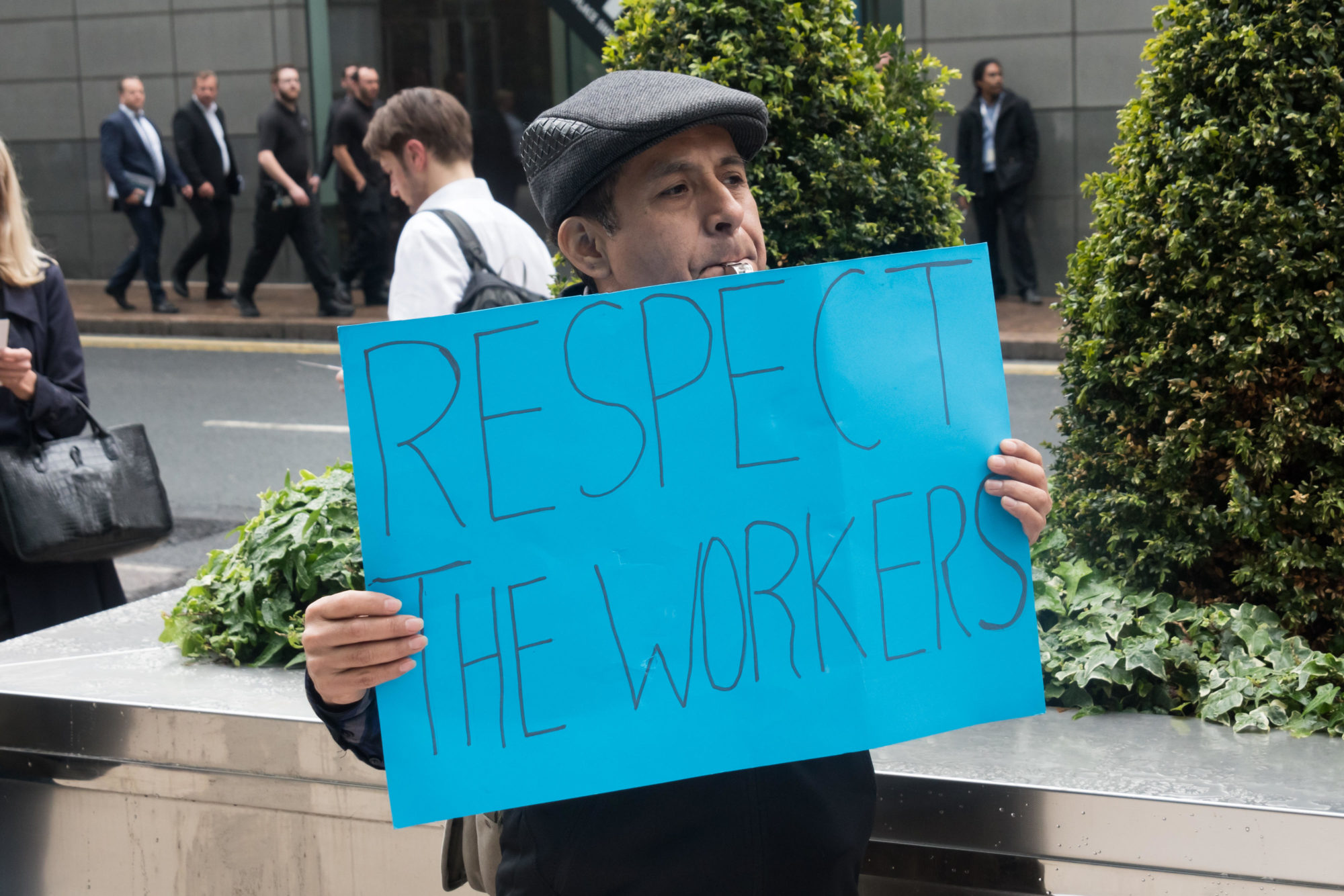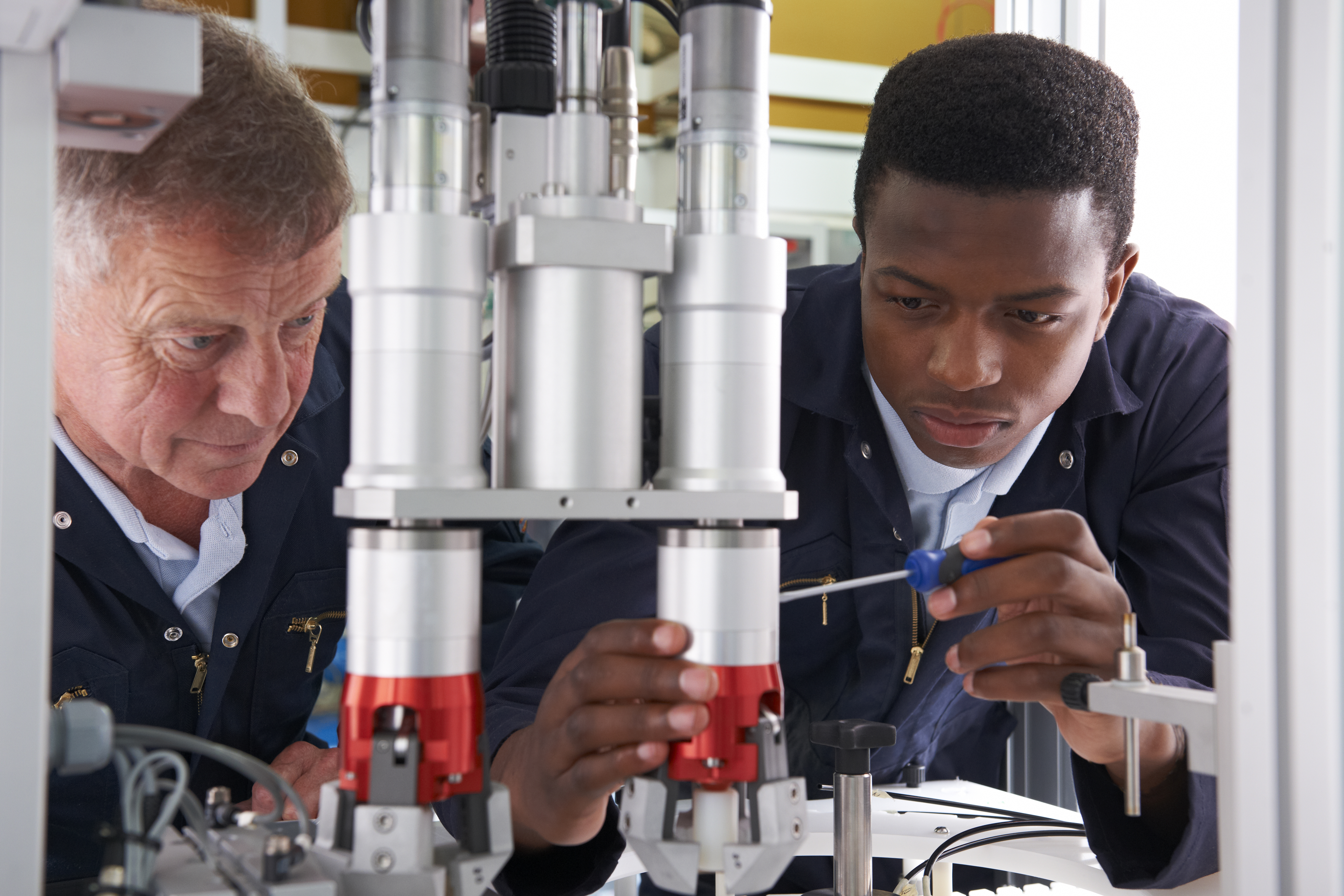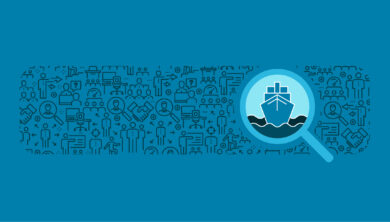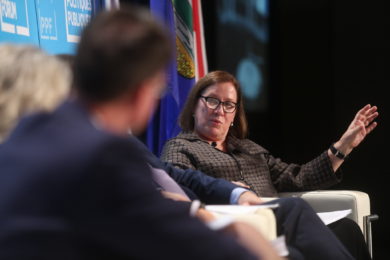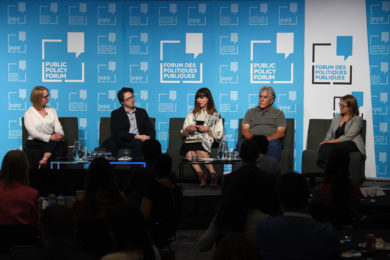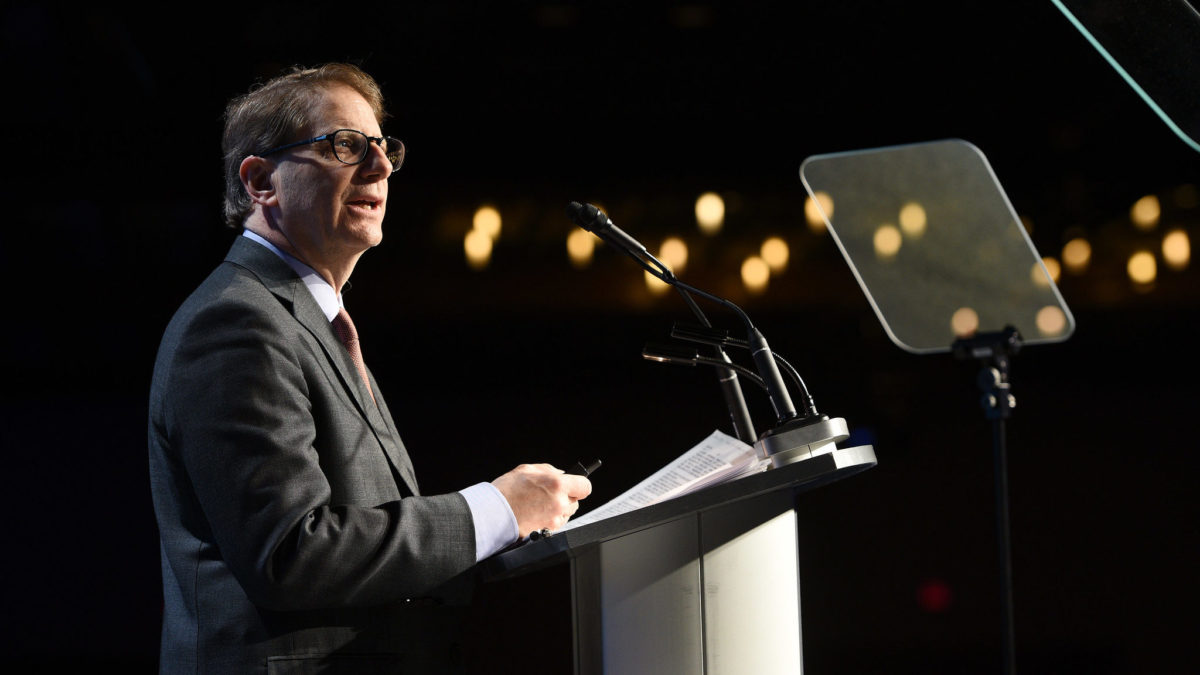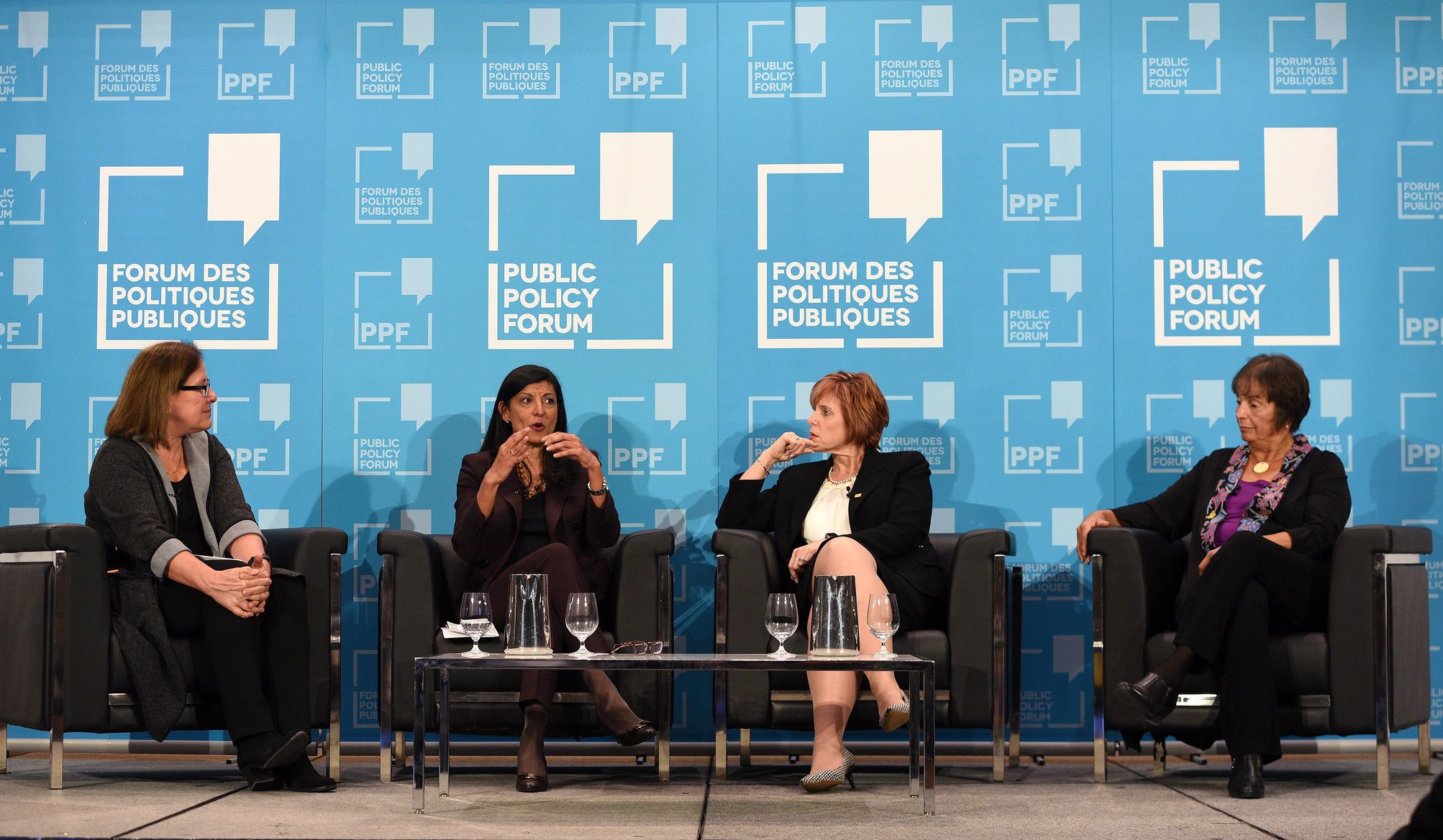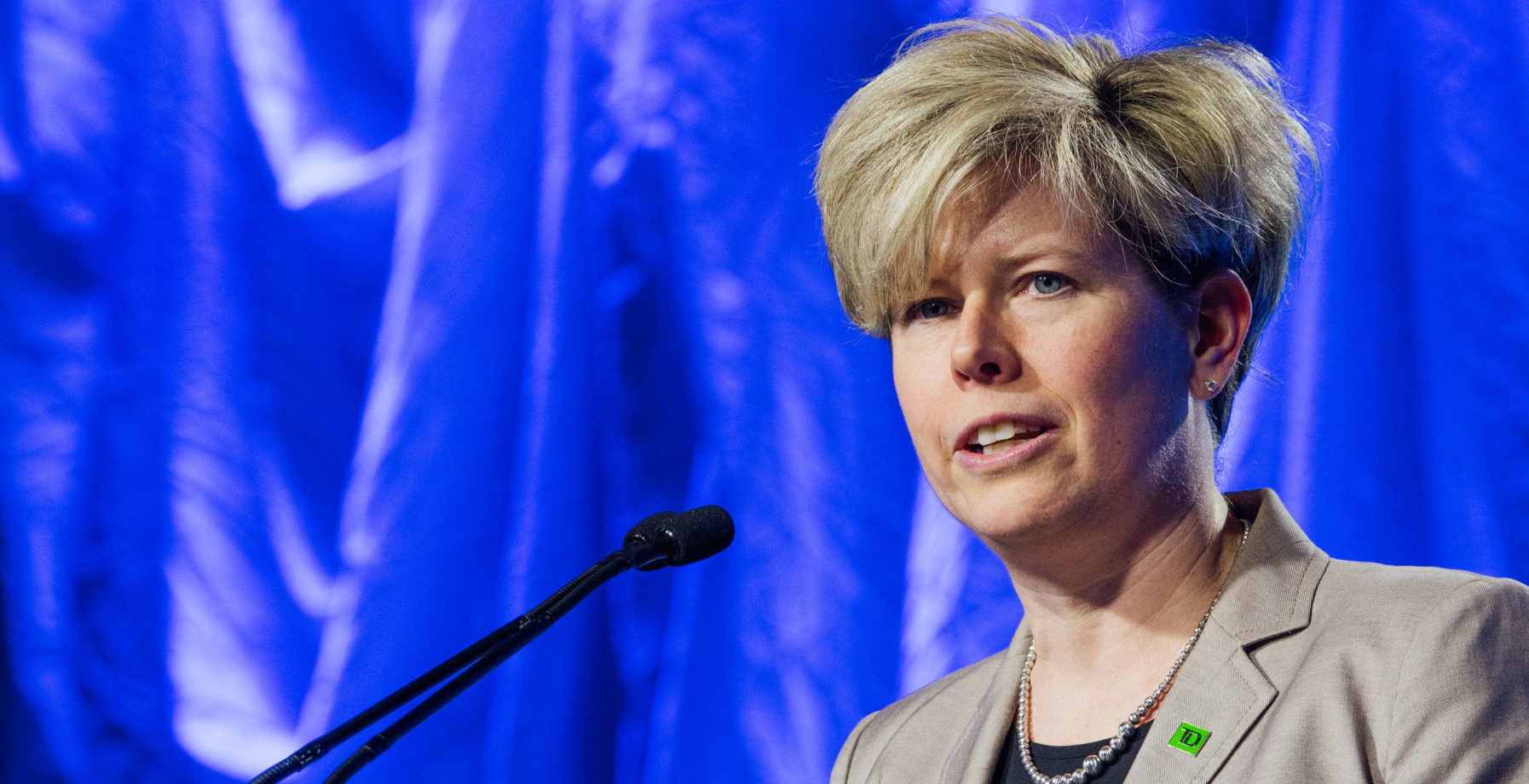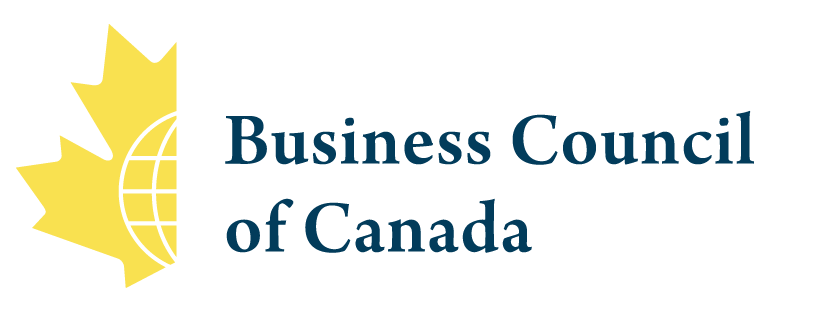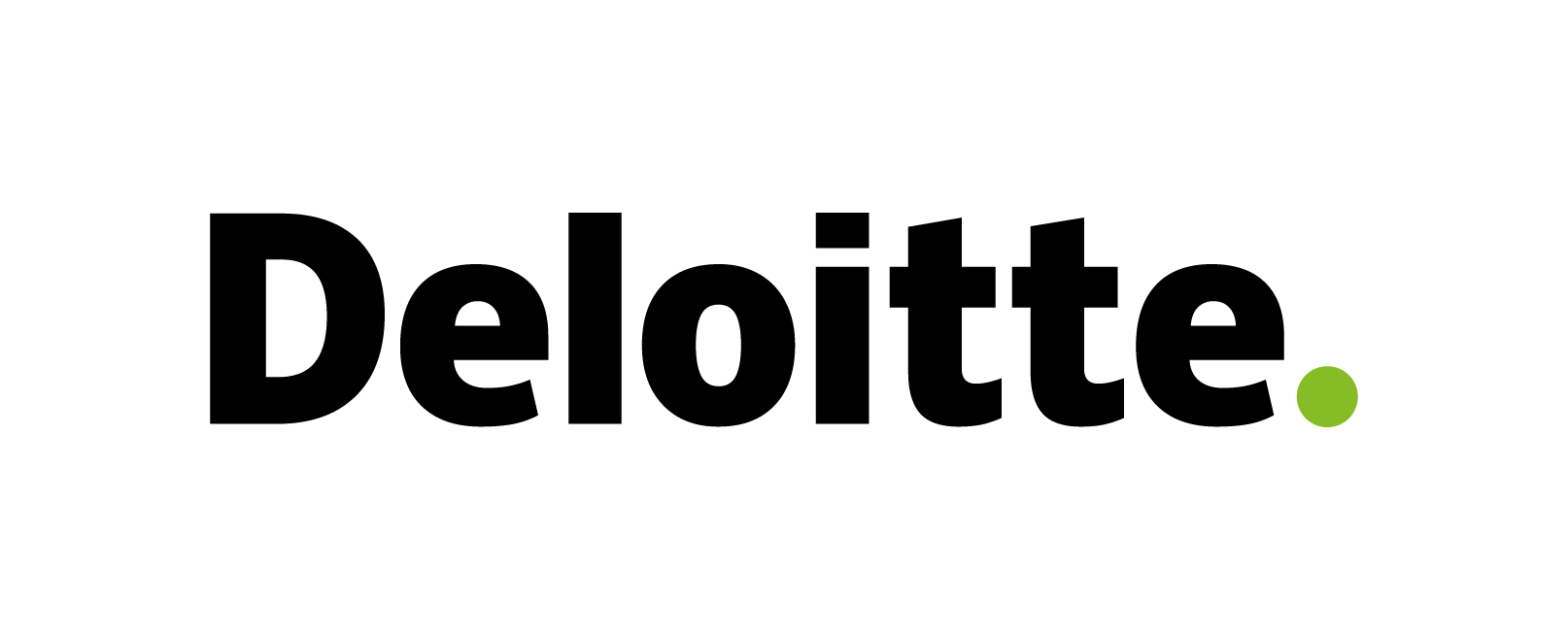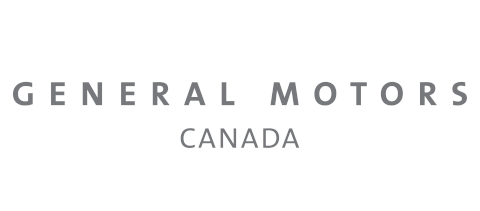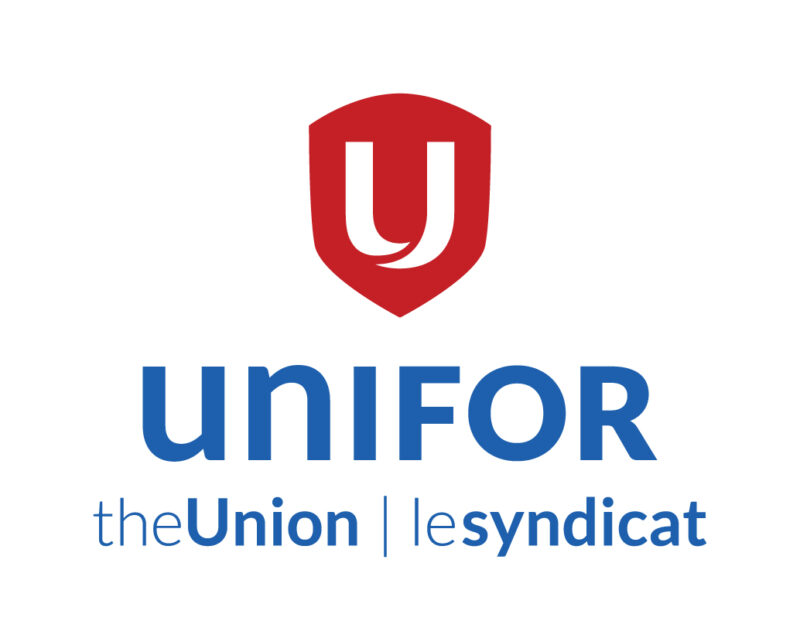
Brave New Work
Building Prosperity in the Changing World of WorkRead the latest in our Key Issues Series, which explores trends and pressing areas of policy concern in research papers authored by Canadian experts. This year, case studies bring the themes and recommendations in the reports to life. The 2021 releases will be presented at the 3rd annual Brave New Work Conference, exploring how the messy middle of work just got messier. The conference was held virtually on June 22 and 23, 20
2021 Releases
- Improving the Linkages between Universities and Workplaces: Policy and Practice Recommendations
By Harvey P. Weingarten. June 2021.
Issues in Action: For a deeper dive into the topics explored in this report, check out these case studies on education innovation: - Navigating Precarity in Non-Standard Work Arrangements: Policy Recommendations
By Laura Lam. June 2021.
Issues in Action: For a deeper dive into the topics explored in this report, check out these case studies on precarious work: - Managing Transformation in Disrupted Sectors: Policy Recommendations and Best Practices
By Lori Turnbull. June 2021
Issues in Action: For a deeper dive into the topics explored in this report, check out these case studies on navigating disruption: - Automation, AI, and COVID-19
By Peter Loewen. June 2021
2020 Releases
- The Future is Now: Creating Decent Work Post-Pandemic
By Sunil Johal. Released June 2020. - A Place-Based Lens to the Future of Work in Canada
By Sean Speer and Weseem Ahmed. Released June 2020. - Emerging Stronger: Addressing the Skills-Underutilization Challenge for the Future of Work in Canada
By AJ Tibando and Arvind Gupta. Released June 2020.
2019 Releases
- Skills, Training and Lifelong Learning
By Daniel Munro. Released March 29, 2019 - Facilitating the Future of Work Through a Modernized EI System
By Sunil Johal and Erich Hartmann. Released May 1, 2019 - Automation, AI and Anxiety: Policy Preferred, Populism Possible
By Peter Loewen and Benjamin Allen Stevens. Released July 31, 2019 - Old Gigs, New Gigs: Are Courts and Legislators Reinterpreting an Age-Old Debate for the New World of Work?
By Carole Piovesan. Released September 30, 2019 - Managing Precarious Work: Three Canadian Models for Rebalancing Bargaining Power in the Future of Work
By Brian Topp and Theresa Lubowitz. Released December 2, 2019
The views expressed in the research papers, articles and reports reflect those of our authors and do not necessarily reflect those of our sponsors and partners.
Previous Brave New Work events
PPF’s three-year future of work initiative brings together government, employers, education providers, individuals and labour to find pathways for Canadians and Canadian firms to prosper in a changing world of work.
Watch the video footage from our 2nd annual Brave New Work Conference, held June 16, 17, 18, 2020.
Watch a Brave New Work Panel – Today’s Workers and Tomorrow’s Energy Sector, held on November 13, 2019.

Watch the livestream from our Brave New Work Conference, held June 26, 2019.

About the Project
Technological advances increase productivity, create new types of jobs and deliver a better standard of living. But the interaction of automation and artificial intelligence with demographic changes, large sectoral disruptions, slow productivity growth and other trends is raising concerns about the future of work even as it opens new opportunities. As jobs and industries are impacted, new policy action is needed to provide pathways to relevant training, enable entrepreneurship, keep Canada competitive, and maintain a safety net and worker protections.
Change is inevitable – and is good. But technological development is inherently disruptive – economically, politically, and socially. What policies will help Canadians sustain the resiliency and innovative spirit to adapt and thrive? How can we ensure inclusive growth and optimize the opportunities that come with change?
The Brave New Work project explores the “messy middle” of the world of work – the relative “wasteland” between the robust education framework that gets workers into the labour market and the comprehensive set of income supports for them as they leave it some years later.
The Messy Middle is where workers between their second jobs and their second last jobs might find themselves if, for instance, they experience labour disruption caused by digitization, globalization and offshoring/reshoring, evolving business models or – significantly – a pandemic.
Today, we see a heightened need for training and reskilling (in a training-poor country where those who need it most often face the most barriers to accessing opportunities); we see some sectors in particular facing a steeper climb towards recovery – or none at all; and we see workers in non-standard work facing daunting precarity and an unwelcoming policy landscape. The tight labour market we have enjoyed for the past several years is gone, and the Messy Middle just got messier.
The Public Policy Forum’s 3-year Brave New Work initiative is bringing government, employers, education providers, individuals and labour groups together to find a path through this complexity and into the future.
Timeline
April 2018 – June 2021
Methodology
The changing nature of work is one of PPF’s five strategic focus areas. Recognizing the particular importance of this issue, with the support of TD Bank we launched a 3-year initiative in 2018 to conduct research projects and convening events through the summer of 2021. This work will address the breadth and complexity of issues related to the changing nature of work, with a focus on determining actionable steps forward in view of an uncertain future. It includes research papers, stakeholder engagement events, targeted consultations and major annual conferences. Our Future of Work Advisory Council provides regular guidance on research topics, policy networks, and partnership opportunities that will ensure pan-Canadian relevance.
Contact
Andrée Loucks, Policy Lead



